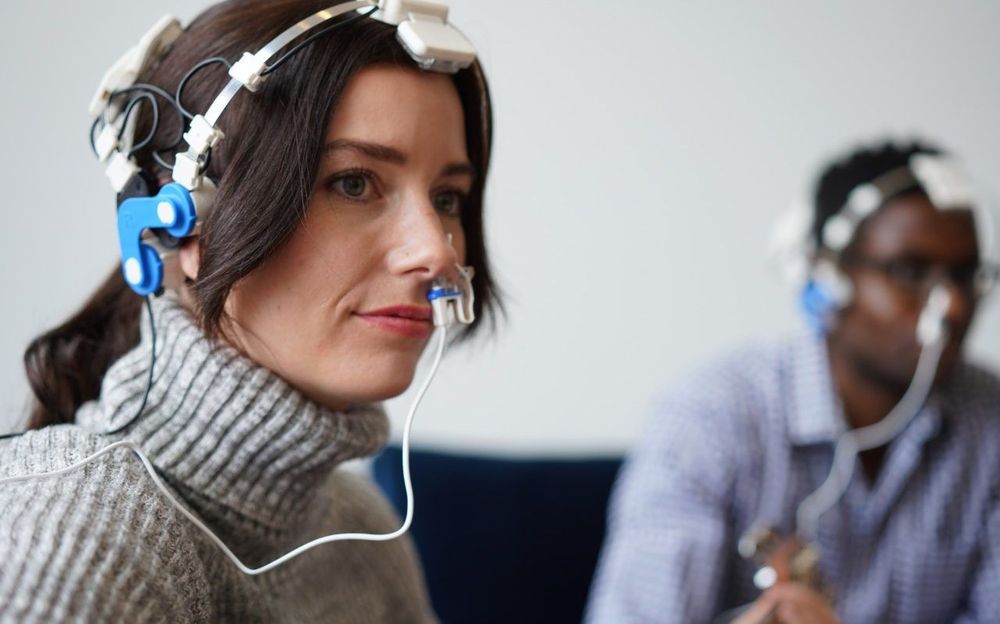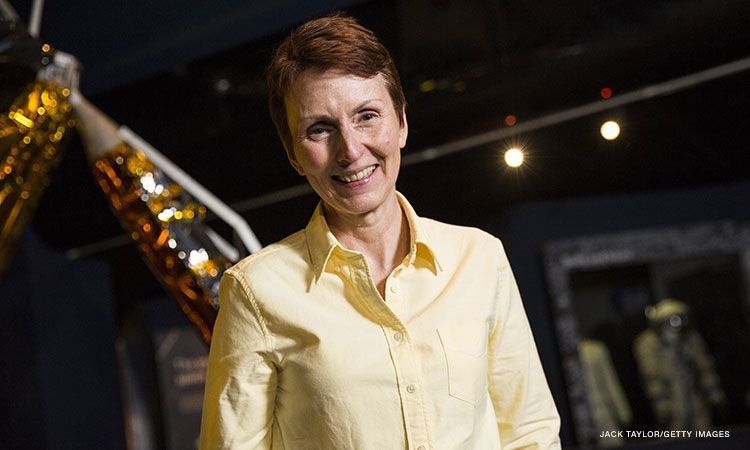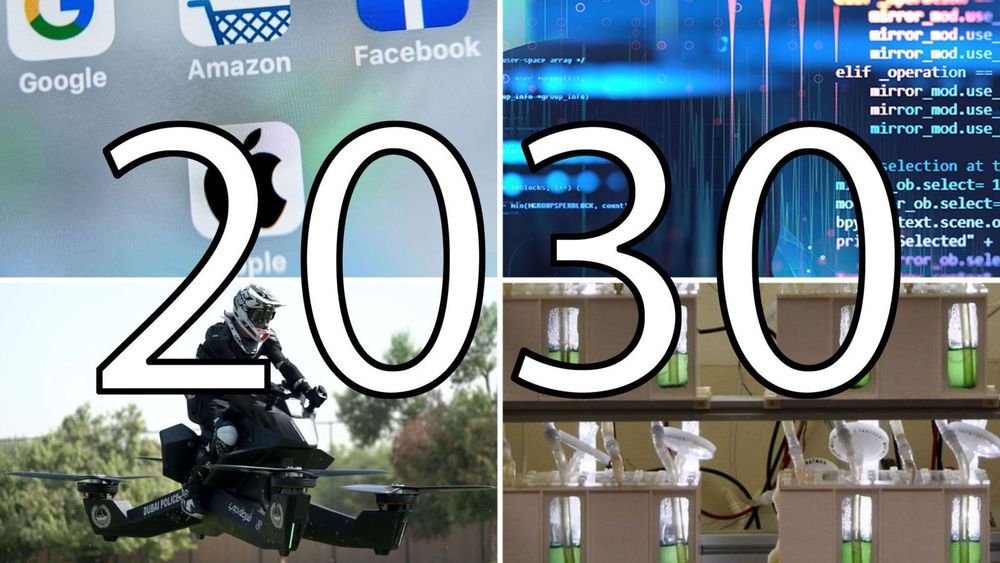Preliminary data from an innovative clinical trial suggests CRISPR could be safe for use in cancer therapy.



Alzheimer’s disease could be reversed by shining light directly into the brain through the nose and skull, scientists believe.
The first major trial to see if light therapy could be beneficial for dementia has just begun following astonishing early results which have seen people regain their memory, reading and writing skills, and orientation.
If successful it would be the first treatment to actually reverse the disease. So far, even the most hopeful drugs, such as Biogen’s aducanumab, have only managed to slow the onset of dementia, and many scientists had given up hope of reversing brain damage once it had already happened.

Aliens definitely exist, Britain’s first astronaut says — and it’s possible they’re living among us on Earth but have gone undetected so far https://bit.ly/36rLA2E
(CNN) — Aliens definitely exist, Britain’s first astronaut has said — and it’s possible they’re living among us on Earth but have gone undetected so far.
Helen Sharman, who visited the Soviet Mir space station in 1991, told the Observer newspaper on Sunday that “aliens exist, there’s no two ways about it.”
“There are so many billions of stars out there in the universe that there must be all sorts of different forms of life,” she went on. “Will they be like you and me, made up of carbon and nitrogen? Maybe not.”
Shufersal deploys droid from startup Trax in pilot program, aims to expand devices to stores nationwide to streamline shelf-stocking.
Despite the similarities our world has with Venus, there is still much don’t know about Earth’s “Sister planet” and how it came to be. Thanks to its super-dense and hazy atmosphere, there are still unresolved questions about the planet’s geological history. For example, despite the fact that Venus’ surface is dominated by volcanic features, scientists have remained uncertain whether or not the planet is still volcanically active today.
While the planet is known to have been volcanically active as recent as 2.5 million years ago, no concrete evidence has been found that there are still volcanic eruptions on Venus’ surface. However, new research led by the USRA’s Lunar and Planetary Institute (LPI) has shown that Venus may still have active volcanoes, making it the only other planet in the Solar System (other than Earth) that is still volcanically active today.
This research, which appeared recently in the journal Science Advances, was led by Dr. Justin Filiberto – a staff scientist with the LPI. He was joined by fellow-LPI researcher Allan H. Treiman, Martha Gilmore of Wesleyan University’s Department of Earth and Environmental Sciences, and David Trang of the Hawai’i Institute of Geophysics and Planetology.


The last 10 years have seen a lot change in the world of technology — but what will the next decade bring us?
A decade ago the hottest smartphone on the market was the iPhone 3GS — a phone with a miniscule 3.5” display and a far cry from the 6.5” screen available on the iPhone XS today.
Speakers have got bigger too, now coming packed with integrated circuits allowing us to do our shopping from our living rooms just by talking.


Image Source: SpaceX
SpaceX’s first mission of 2020 will deploy Starlink satellites on Monday, January 6 –It will mark the first official launch supported by the new United States Space Force. A Falcon 9 rocket will lift off at 9:20 p.m. EST from Pad 40 at the Cape Canaveral Air Force Station in Florida. SpaceX conducted a static-fire test yesterday to prepare the rocket for the Starlink-2 mission.
Falcon 9 first stage booster supporting this mission previously launched a Starlink mission, the Iridium-8 mission, and the Telstar 18 VANTAGE mission pic.twitter.com/QdailzdG4o— SpaceX (@SpaceX) January 4, 2020